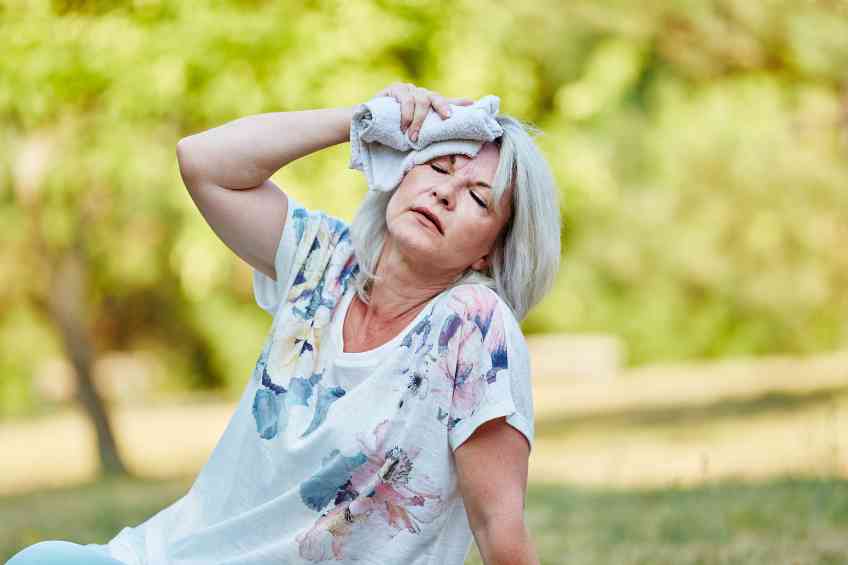By Sean Zucker –
July 2023 was the hottest month ever recorded on Earth, which covers 120,000 years, according to Scientific American. The magazine noted that global warming and climate change, fostered by human activity, were the main culprits for the drastic uptick in temperature.
Ultimately, while July’s record temperatures may surprise some, the growing impact of human activity climate should not come as a shocker to many. What may turn a few heads, however, is the health and economic impact extreme heat can have on people, especially women.
The Adrienne Arsht-Rockefeller Foundation Resilience Centre at the Atlantic Council (Arsht-Rock) underscored the point when it reported that heat-related losses in women’s paid labor productivity can be significant in countries worldwide.
The study was based on preexisting data on socioeconomic variables such as population, employment, health and economic activity. It noted that increased temperatures can cause reduced concentration, slowed thinking, impaired hand-eye coordination, headaches and fatigue for both men and women. All of this negatively affects productivity. The researchers added that women, especially those who work outside, also face a heightened risk of rashes, miscarriages, urinary tract infections, dizziness, nausea and blisters when extreme heat is present.
The study’s insights went further by developing climate models to project how future climate patterns will impact people. Women were particularly hard hit by the group’s analysis. They could experience as much as a 260 percent economic decline from heat-related job loss by 2050. Men, in turn, may only see a 76 percent downward slide as a result of climate change.
The report also refers to unpaid domestic work, often performed by women, as an “invisible dimension of worker productivity.” It includes cooking, cleaning and caregiving, according to the study.
“Understanding and measuring the effects of heat on women’s lives, including their health and how it limits their income and economic opportunities, is critical—especially when nearly 60 percent of the world’s women work in the informal sector and are disproportionately affected by climate change,” said former Secretary Hillary Clinton, Arsht-Rock’s Global Ambassador for Heat, Health and Gender.
“This new analysis will inform policymakers, financial institutions and the work of organizations like Arsht-Rock and the Clinton Global Initiative to address these inequities and develop urgent and life-saving actions around the impacts of extreme heat,” she added.
Previous research suggests that this impact is raised to even further extremes for older women. The Centers for Disease Control and Prevention (CDC), for example, reports that adults over 65 are more prone to health issues caused by extreme heat, including sudden dizziness, cramps and swelling in the legs or ankles.
However, the larger health concerns are heat exhaustion and heat stroke. The CDC notes that heat exhaustion can occur when a body can no longer regulate its temperature, causing the individual to experience thirstiness, dizziness or general weakness. Additionally, individuals under threat may feel uncoordinated, nauseated and have clammy skin or a rapid pulse. If left untreated, heat exhaustion can lead to heat stroke, a medical emergency.
While not specifically addressing the long-term implications of the Arsht-Rock report, the CDC does recommend battling immediate extreme heat conditions by staying hydrated, wearing loose-fitting clothes and a hat, working in the shade and avoiding overworking to minimize the risk of these conditions. It also advises taking a cold shower following any intense outdoor activities.










